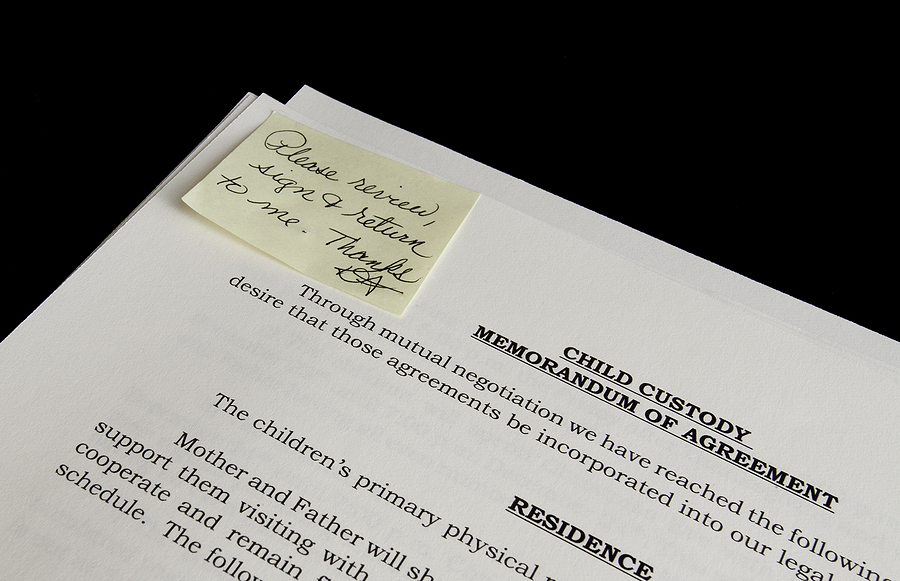Divorce is rarely straightforward. However, a mediation attorney for high-conflict divorces can help mitigate the emotional, financial, and legal fallout. Let’s take a closer look at divorce mediation for complex cases.
High-Conflict Divorce: What Does It Mean?
High-conflict divorces typically involve deep distrust or hostility between spouses and repeated legal battles over custody, assets, or support. There may also be complex financial assets or business interests to divide, relocation disputes to solve, or contentious parenting plans to determine.
In some high-conflict divorces, elements such as mental health issues, substance abuse, or manipulation further complicate the case. This is especially true for cases involving allegations of abuse, coercion, or domestic violence. A mediation attorney specializing in these divorces can help navigate the added challenges by utilizing unique tools and strategies.
What a Mediation Attorney for High-Conflict Divorce Does
A mediation attorney will begin by reviewing your case to determine its suitability for mediation. Active domestic violence, ongoing criminal proceedings, or unwillingness to negotiate in good faith can make traditional mediation ineffective or unsafe. In those instances, a hybrid approach, shuttle mediation, or limited court intervention may be necessary.
Divorce mediation for complex cases often requires a more structured approach than standard mediation, including individual sessions, behavioral ground rules, communication protocols, and the involvement of third-party monitors.
Unlike mediators who are purely neutral facilitators, a mediation attorney offers legal training and collaborative assistance to identify hidden legal issues, explain rights and risks, ensure agreements are legally enforceable, and anticipate how proposals might hold up in court if negotiations fail.
Mediation often breaks down over how options are framed, so mediation attorneys can craft proposals and benchmarks in objective terms or reframe emotionally loaded issues with manageable components. Skilled mediation attorneys do this by using interest-based negotiation techniques and presenting creative settlement structures, such as deferred payments, trusts, and contingency plans.
Managing Child Custody and Parenting Plans in High-Conflict Divorces
Conflict in divorce proceedings can intensify when children are involved. Our mediation attorneys help design parenting plans that anticipate the what-ifs. We may also suggest staggered or phased transitions for custody or incorporate dispute resolution mechanisms, such as parenting coordinators or arbitration. The primary objective is to ensure the child’s voice and best interests are meaningfully represented.
Integrating Expert Legal Advice
Expert input is often essential in high-conflict divorces. Many cases require insights from forensic accountants, valuation experts, psychologists, child specialists, and tax advisors. A mediation attorney can help coordinate these expert testimonies and assist clients in weaving their opinions into workable settlement proposals.
Litigation can stretch for years, but mediation aims to reduce time spent on overhead costs, motion battles, and repeated hearings. Structured mediation also concludes more quickly than court-bound litigation in many cases.
With a high-conflict divorce, mediation negotiations can stay out of public court records and protect sensitive financial or family details. Mediation also provides solutions that can be tailored to your situation, including those that courts may not permit. This flexibility can help reduce hostility in co-parenting situations, protect mental health, and help provide stability after divorce.
When Mediation Isn’t the Best Option
High-conflict divorce mediation is often inadvisable or unsafe with ongoing abuse threats or power imbalances. If one spouse refuses to cooperate or lies about finances, has criminal or protective orders, or needs urgent relief, mediation may not be the best option. Contact a mediation attorney for high-conflict divorces at Richards Family Law today to discuss your case.






